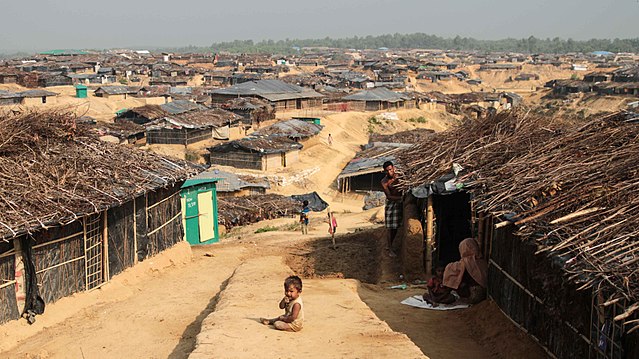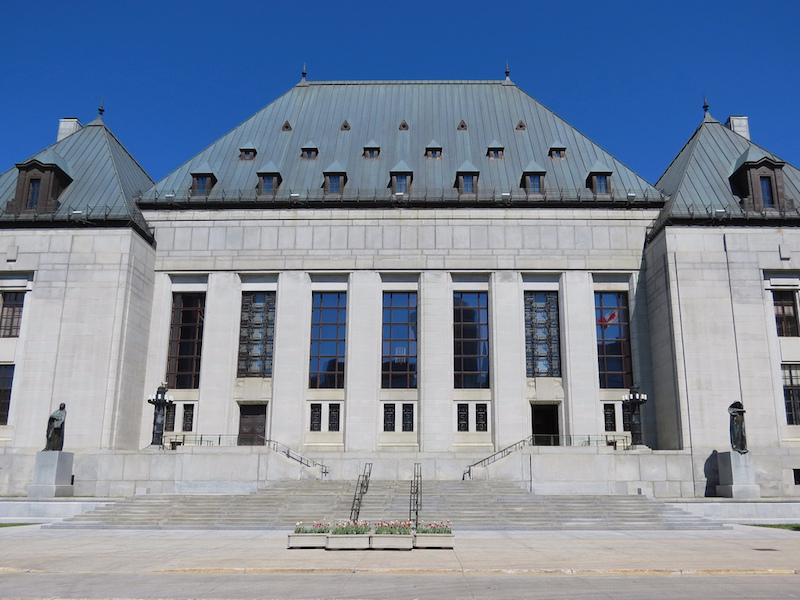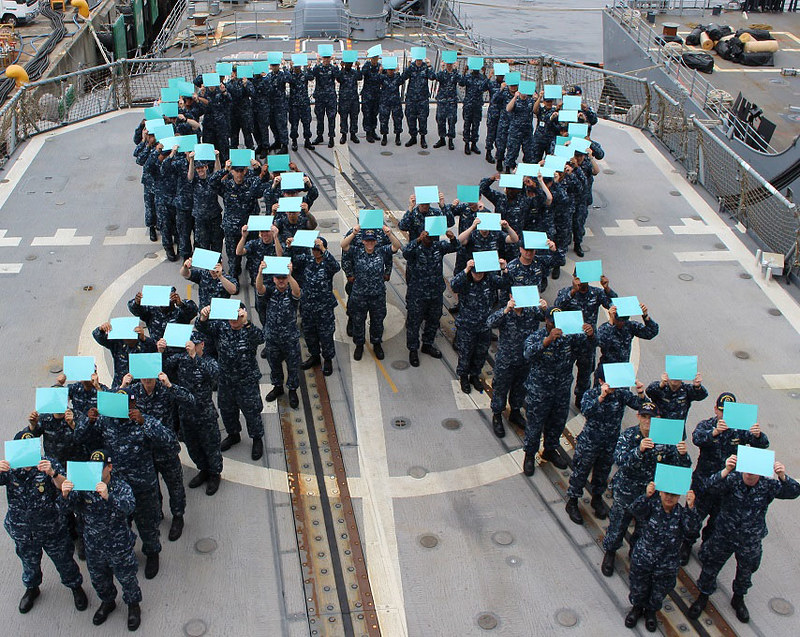As discussed in part one of this two-part series, SGBV is a widespread, longstanding, and life-threatening attack against an individual’s inherent human rights. It is a violation of an individual’s dignity, health, and well-being. SGBV occurs globally and is consistently underreported, but it is particularly rampant in societies rooted in gender inequality and traditional, patriarchal norms. In humanitarian emergencies, risks and vulnerabilities of all sorts are extremely high. Communities are often devastated, dismantled and the risk of SGBV becomes exacerbated as mechanisms of security and law enforcement are weakened and often corrupted. It begs the question, what is being done to prevent such a gross violation of human rights from occurring?
South Sudan and Mexico
Around the world, millions of women and adolescent girls are in desperate need of life-saving humanitarian aid due to SGBV. Aside from unreported cases of SGBV, recent data reflecting the growing need for aid and relief for SGBV victims is staggering. As indicated in a report released by the United Nations Population Fund (UNFPA), approximately 26 million women and adolescent girls of childbearing years are in need of immediate humanitarian assistance. In highly complex and protracted humanitarian emergencies, data reflective of SGBV for refugees and internally displaced victims of violence reflects an overwhelming increase in cases of SGBV. The following are contemporary cases of SGBV from ongoing humanitarian emergencies:
South Sudan: In 2017, conflict and violence across South Sudan has significantly escalated resulting in the need for immediate, life-saving humanitarian aid. Throughout the country, security and political conditions remain highly volatile through targeted ethnic violence, mass human rights violations, widespread population displacements, a collapsing economy, internal divisions, and political corruption. This highly unstable context, in addition to a culture deeply rooted in gender inequalities has significantly increased the risk of SGBV for women and girls. The refugee population in South Sudan is particularly vulnerable as approximately 82% of the total refugee population is composed of women and children, the majority of which are currently residing in refugee camps and settlements. According to recent operational updates from the UNHCR, between the reporting period of November 1st-15th 2017, 21 SGBV cases were reported in Maban camps located in the Upper Nile state of South Sudan and 15 cases of SGBV in Unity State; both states currently house the largest percentage of South Sudanese refugees. A gender analysis by CARE international reported an increase in SGBV cases as of July 2016 specifically rape by soldiers in uniform and armed militia. Similarly, a study conducted by OXFAM found approximately 21% of respondents experienced rape or sexual assault since the outbreak of the conflict in 2013. Regarding the perpetrators of this violence, over 51% percent of victims identified police or soldiers followed by 36% of respondents claiming assault by strangers.
Mexico: Expanding criminal violence across El Salvador, Honduras, and Guatemala, otherwise known as the Northern Triangle of Central America (NTCA) has resulted in mass population displacements and forced migration into Mexico. According to the UNHCR, an estimated 500,000 people cross into Mexico every year, a journey wherein migrants and refugees are preyed upon by criminal organizations, often with the unspoken approval or complicity of national authorities. Migrants and refugees are subjected to violence and other abuses including abduction, theft, extortion, torture, and rape, leaving victims both severely injured and traumatized. In a report conducted by Médecins Sans Frontières / Doctors Without Borders (MSF), sexual violence, unwanted sex, and transactional sex in exchange for shelter, protection and/or money was mentioned by a significant number of male and female migrants. In an MSF survey of 429 migrants 31.4% of women and 17.2% of men had been sexually abused during their transit to Mexico. Considering only rape and other forms of direct sexual violence, 10.7% of women and 4.4% of men were affected during their transit through Mexico. Between 2015 and 2016, MSF treated a total of 166 cases of sexual violence of which, 60% were cases of rape and 40% were victims of sexual assault and other forms of humiliation including forced nudity.
SGBV interventions in humanitarian emergencies
Responding and preventing SGBV requires activities and initiatives which are multi-sectoral, well coordinated, and in partnership with actors present in a humanitarian response. Among the main actors responding to SGBV in humanitarian emergencies are, United Nations agencies, peacekeepers, the Red Cross Movement, and numerous other non-governmental organizations. Organizations such as the United Nations High Commissioner for Refugees (UNHCR), Inter-Agency Standing Committee (IASC), and the World Health Organization (WHO) have specific international policy frameworks and guidance relating to SGBV response and gender equality. Additionally, organizations such as UN Women, UNFPA, MSF International, UNICEF and CARE International respond to the needs of SGBV victims through direct intervention strategies. For instance, MSF International provides medical care to victims of sexual violence ranging from preventive treatment against sexually transmitted infections and diseases (STI/STD), as well as treatment for physical injuries and psychological trauma. All MSF health structures are designed to be a safe haven for SGBV survivors where victims can safely, quickly and discreetly access quality health care. MSF actively raises awareness regarding the negative consequences of SGBV and the availability of medical care to encourage victims to come forward and seek help where they may otherwise be deterred due to fear, financial limitations and negative social stigma. Raising awareness on the services available to SGBV victims is a critical component in responding to the needs of all affected.
Canada’s role in responding to humanitarian crises
Canada provides humanitarian assistance to displaced populations and people in need based on an assessment of what the most critical, life saving need areas. Generally, this is facilitated through the provision of financial aid through experienced humanitarian partners who are responding to the crises. As previously stated, this typically incudes UN agencies and non-governmental organizations. Canada provides this assistance in line with the humanitarian principles of humanity, neutrality, impartiality, and independence. Global Affairs Canada (GAC) is the Government of Canada’s main driver for providing international humanitarian aid in response to protracted, complex and sudden humanitarian emergences. There has been a growing emphasis from GAC on the need for all humanitarian project proposals to incorporate an analysis on gender equality and on the risks associated with SGBV. GAC requires a thorough assessment of the specific gender issues in the context of the humanitarian emergency at both the national and local levels and more specifically, the obstacles and opportunities that women, men, girls and boys face in this context. This includes SGBV, the participation of women and men in a humanitarian context and access to humanitarian goods and services.
The risk of SGBV in humanitarian contexts is exacerbated due to a weakening of security, a breakdown of family units and highly volatile conditions. Despite humanitarian interventions having clear mitigation strategies for responding to SGBV, combatting SGBV in cultures deeply rooted in gender inequalities and strict cultural norms requires more than just an immediate provision of life-saving humanitarian aid. Working with communities to change this culture of violence and inequality is imperative in ensuring the end of SGBV, both in humanitarian and post humanitarian settings.
Photo: Photo of Kutupalong Refugee Camp in Bangladesh (2017). Public domain.
Disclaimer: Any views or opinions expressed in articles are solely those of the authors and do not necessarily represent the views of the NATO Association of Canada.



